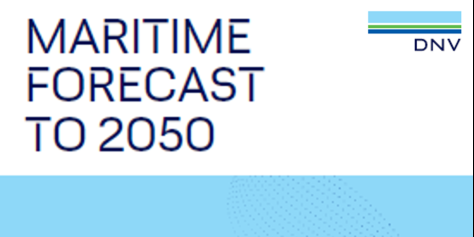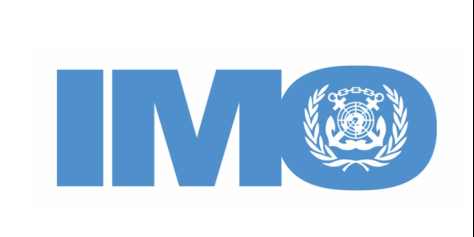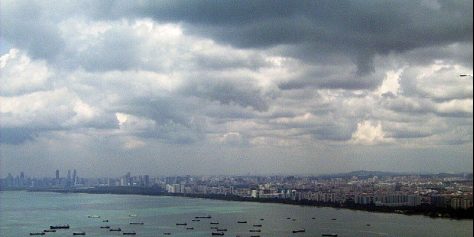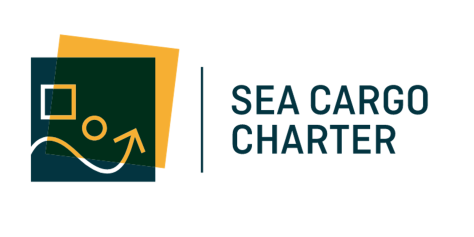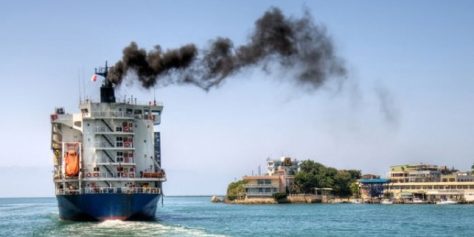24 Nov 2021 DNV published in September 2021 the fifth update of its Maritime Forecast Report 2050 where the decarbonization scenarios of maritime transport are analyzed and ...
The International Maritime Organization (IMO) has set new targets to reduce CO2 emissions (from transport work): a decrease of 40% by 2030 and 70% by 2050, compared to 2008 levels. annual greenhouse gas (GHG) emissions from international shipping, stipulating a reduction of 50% by 2050. Two associated IMO indices - EEXI and CII - have been established to provide shipowners with a benchmark to reduce their levels and get on track to meet the objectives.
Recent research by Channoil Consulting, in association with Gibson Shipbrokers, suggests that the short-term outlook for shipping could be one of "lower carbon" rather than full decarbonization.
The Committee for the Protection of the Marine Environment of the International Maritime Organization (IMO) has approved draft new mandatory standards to reduce the carbon intensity of existing ships. The draft amendments to the MARPOL Convention would require ships to combine a technical and an operational approach to reduce their carbon intensity
The Charter on the Shipping of Goods sets a new benchmark for responsible shipping, transparent climate reporting and improved decision-making in line with the United Nations decarbonization goals. A group of the world's largest energy, agriculture, mining and commodity trading companies will assess and disclose the climate alignment of their shipping activities for the first time.
Greenhouse, prepared for the International Maritime Organization by an international consortium made up of ten consultancies, research institutes and universities from four continents and directed by CE Delft (Netherlands), in alphabetical order ClassNK (Japan), Dalian Maritime University (China ), Fudan University (China), the Economic Research Institute Foundation, the University of São Paulo (Brazil), the International Council for Clean Transport, Manchester Metropolitan University (United Kingdom), the National Institute for Maritime Research, the National Institute of Maritime, Port and Aviation Technology (Japan), Purdue University (USA) and UMAS, University College London (UK).
- 1
- 2

